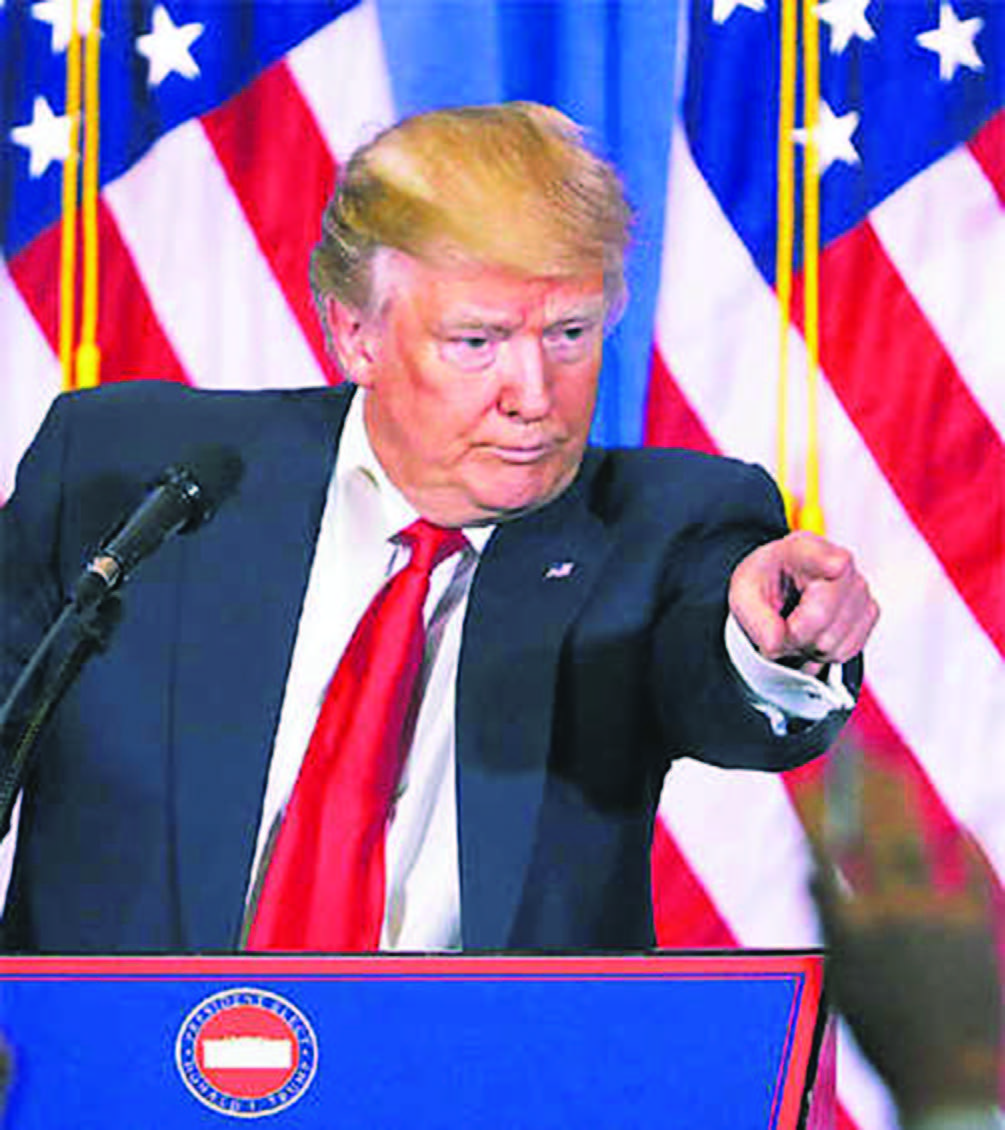
India must resist the unilateral US control of internet governance
India’s long-term interests lie in advancing the cause of democratizing global internet governance. We need to free ourselves from the existing situation where advocates for the current model of unilateral control dominate the discussion and preclude any debate on efforts to make global internet governance truly “multilateral, transparent and democratic”, says the author.
President Barack Obama‘s remarks on the review of signals intelligence at the US department of justice on January 17 deserve close attention. Two conclusions suggest themselves. First, it is only “our close friends and allies” or “with whom we work closely”, the communications of whose heads of state and government would not be monitored.
Clearly, unless we are explicitly told so, India cannot presume inclusion in this category. Second, the declaration by the president applies only to heads of state and government. It does not cover other leaders, such as the ministers of defense, home affairs, external affairs, finance, communications, the national security advisor, chiefs of armed forces, security and intelligence agencies and other functionaries handling sensitive portfolios – those who could be expected to be covered by the Foreign Intelligence Surveillance Act (FISA) and its various subsequent revisions.
Again, unless specifically advised to the contrary, there would be no basis to believe that the aforementioned are not covered. India’s deafening silence on the Edward Snowden disclosures has been noted and commented upon by observers the world over. Almost a year after the disclosures, a few reports appeared in the Indian media, based on official briefings and apologetic in tone, about how India had indeed made low-level noises both in New Delhi and Washington, DC, expressing concern. Strong encouragement from internet majors, both global and Indian, and industry associations, probably explains our silence.
The matter has also received scant attention in Parliament or from other stakeholders; clearly, the damage that such silence can cause to the longterm strategic interests of the nation has not been fully comprehended. In a piece last year, this writer had argued (‘Wide asleep on the Net’, IE, June 27, 2013) that the disclosures by Snowden pointed to the urgency of overhauling the current system of global internet governance. The fact that some crumbs are thrown in the direction of developing countries in the form of participation in toothless advisory bodies does not alter this reality.
In an interview earlier this month discussing his new book, which covered the process leading up to the 2012 World Conference on International Telecommunications (WCIT), Richard Hill, formerly a senior official of the UN International Telecommunications Union (ITU), has described how the proceedings of the conference were manipulated by both over-the-top [OTT] internet companies representing powerful economic interests and powerful nations, in particular the US. On why freedom of speech and expression was made into a make-orbreak issue at WCIT, Hill responded that “it is easier to generate support for a ‘stop censorship’ campaign than for a ‘save my profits’ or ‘let me keep invading privacy’ campaign”.
Brazil cancelled a visit by its president, Dilma Rousseff, to the US in September 2013; media reports at that time indicated that major US companies lost contracts worth billions of dollars as a result of the cancellation. Even allies such as France and Germany registered public protests about the US. The government of India decided yet again to allow short-term private sector interests to trump public policy considerations. The implications for national security and long-term socio-economic development were sacrificed.
These reasons explain why India has chosen to backtrack on the vital subject of global internet governance in the last couple of years, after taking a proactive stand in the first half of the last decade and in 2010-11. India had been pursuing the goal of making the international management of the internet truly “multilateral, transparent and democratic”, as provided in the Tunis Agenda adopted in 2005. Apologists for the current model of unilateral control soon occupied the space for discussion and thwarted all efforts to democratize global internet governance, even calling for the withdrawal of proposals made by India in this respect. A course correction is called for right away.
It is high time that India embarked on creating the next generation of IT companies, which can move up the value chain. They should lead global innovation in IT by creating their own branded services and products and in the process, producing the next generation of Murthys and Premjis. For this, the current ecosystem, architecture and infrastructure need to be modified, both nationally and internationally, where such ventures can be grown and nurtured. At the global level, it is imperative for India to become a lead player and shape the global ICT industry architecture that helps Indian ICT companies of the future. India’s longterm interests lie in advancing the cause of democratizing global internet governance.
We need to free ourselves from the existing situation where advocates for the current model of unilateral control dominate the discussion and preclude any debate on efforts to make global internet governance truly “multilateral, transparent and democratic”. The Khobragade episode, four months ahead of the general elections, is a wakeup call. As the non-reaction to the Snowden affair shows, if the former had happened one or two years earlier, the Indian establishment would have brushed it under the carpet in the name of the “larger picture”, “long-term strategic interests” and such like. Strategic partnerships cannot imply unilateral and premature capitulation.
Equally, they cannot entail accepting non-reciprocal obligations and the selfrighteousness and exceptionalism of the stronger partner. Areas such as intellectual property and the internet have been identified as growth areas for the coming decades. They are the engines that could drive our quest to modernize our economy and leapfrog technological development. There are numerous examples such as China, Japan, the Republic of Korea, Israel and Taiwan for us to draw inspiration from. Developing and putting in place national ecosystems that would promote comprehensive development of these areas in a forward-looking manner, rather than preserving the narrow shortterm interests of a few current players, is a challenging task facing our policy and decision-makers.





Be the first to comment